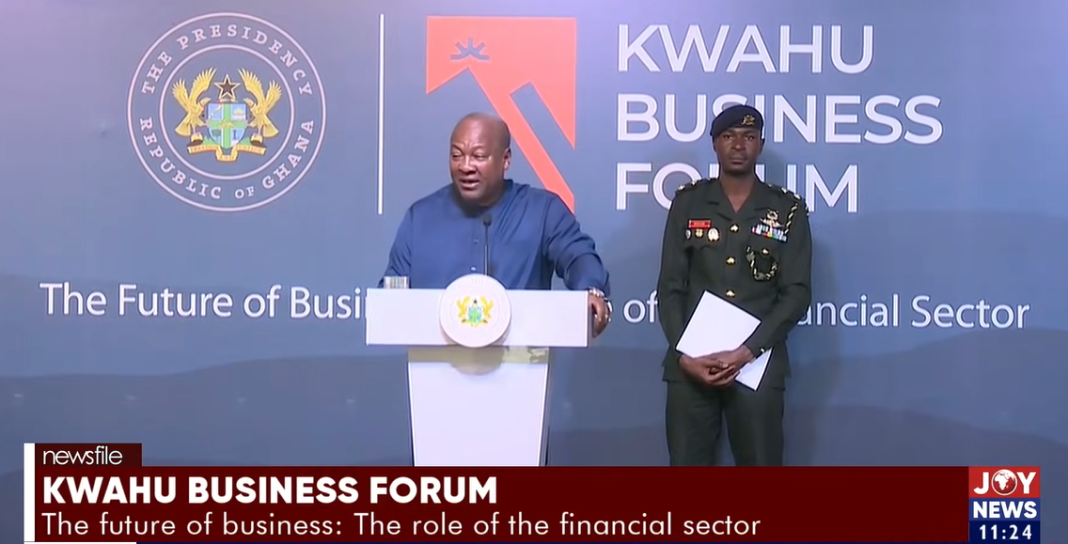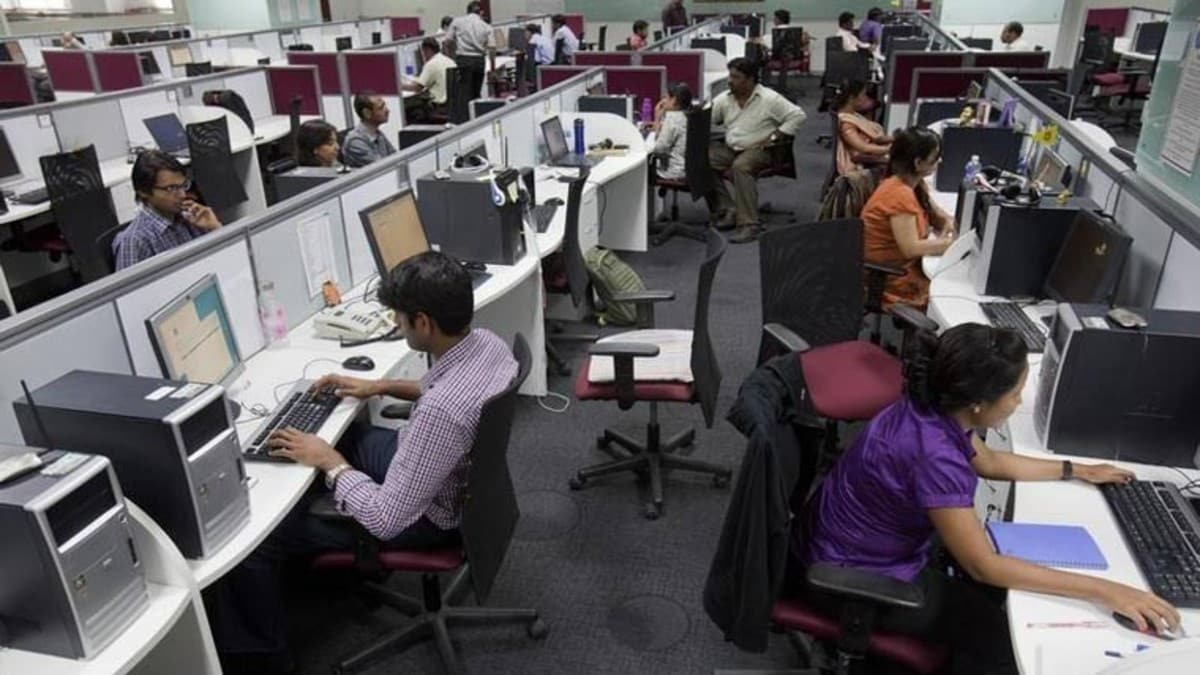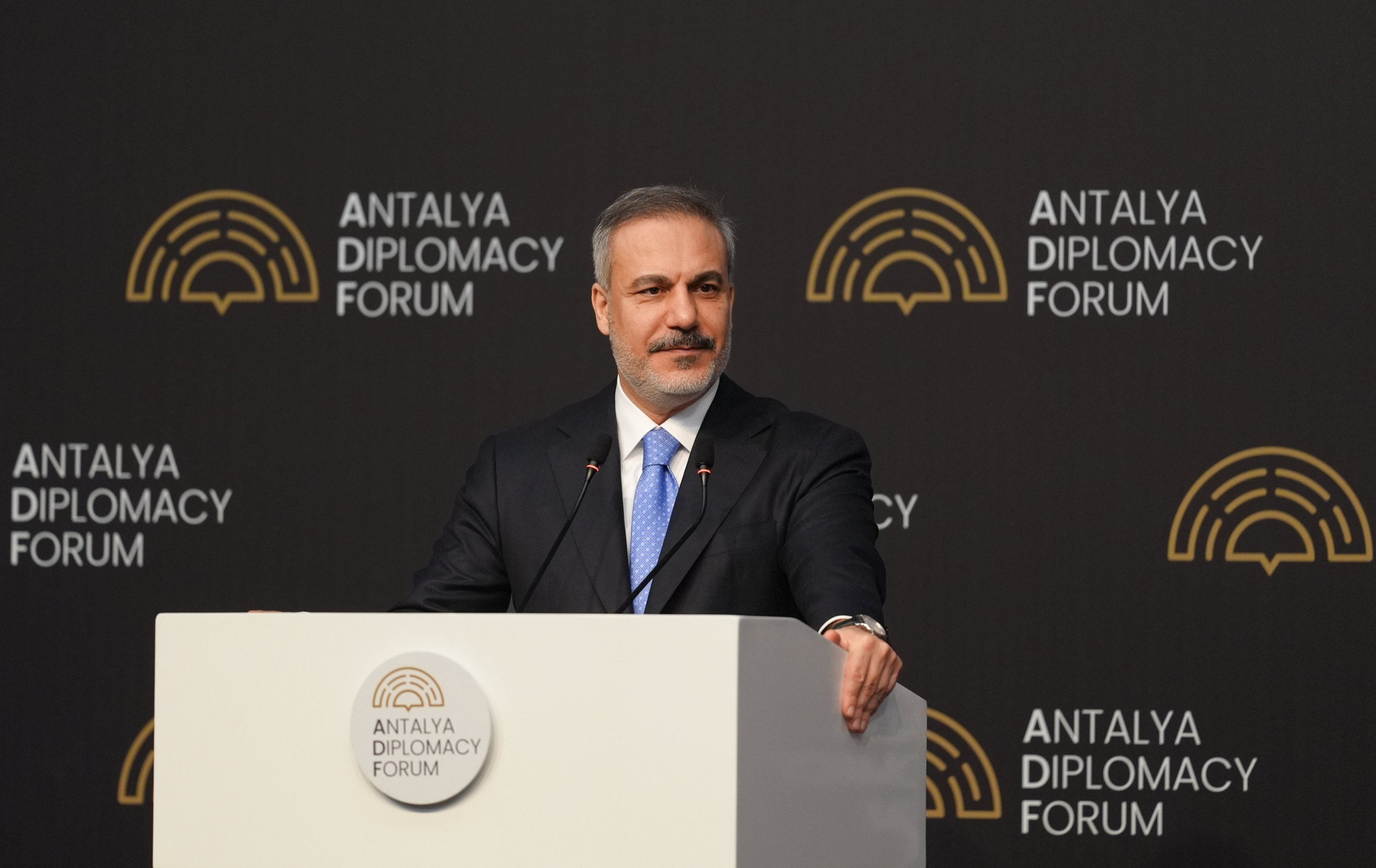Opinion editor’s note: Strib Voices publishes a mix of guest commentaries online and in print each day. To contribute, click here . ••• The visceral physiological response in my body while reading news headlines this week was undeniable.
As most of us do, I follow news online along with my first, second and third cups of morning coffee from within my comfortable home in Shoreview. Checking the major news outlets, as well as my favorite social media, the world moves at a fast pace, and I don’t want to miss anything. From the very serious latest conflict updates from Israel, Ukraine or Haiti to the less serious but equally important fashion updates from Victoria Beckham, J-Lo or Katie Holmes, we all know that the scope of breaking news is large and varied.

During my morning headline skimming recently, I saw the headlines celebrating the all-female space flight, bringing space tourism into the news once again. New opportunities for the ultra-wealthy to purchase a ticket to space remain. The price? News sources state that starting at $50,000 and skyrocketing as quickly as the spacecraft in which they will travel, the seats are selling out at a record pace.
Going to space! The experience of a lifetime! Every young child’s dream! While this is an exciting venture for those who can afford it, after committing nearly 30 years of my life to living among and empowering the poor, oppressed and marginalized of the Majority World, the thought of a person of means spending tens of thousands of dollars for a thrill ride caused my soul great anxiety. Day after day, month after month, year after year, I travel the world seeking major resource investments to relieve poverty and create homegrown economic systems for those who need help the most. In the work that I do, the least expensive seat on a trip to space could feed nearly 10,000 people for a month in an area of the world where another news headline reported that people are participating in “Hunger Games” for a chance to win daily rations that would prevent their children from starving.
That same least expensive seat on a trip to space could provide urgent medical care to 5,000 people who have sold their children into bonded labor to pay their medical bills. For the $450,000 it costs one person to hitch a ride on Jeff Bezos’ Blue Origin or Richard Branson’s Virgin Galactic, more than 1,000 impoverished children could go to an accredited school that would forever change the economic trajectory of their family members and their local community. I agree that we need space exploration.
We need the scientific research into space that will be critical in sustaining the planet and perpetuating humanity far into the future. Young children still want to be astronauts, aerospace engineers and astronomers. Our society needs us to maximize our galaxy for our own flourishing.
However, does space tourism and the exorbitant cost of it further our goals for planetary betterment? According to the World Bank, there are over 700 million people worldwide suffering from extreme poverty due to structural injustice. What contributes to that structural injustice? Perhaps the needs of the ultra-rich to experience the otherworldly is part of the problem. What if instead of space tourism, we as humans put our resources into providing food, shelter, medicine and education for the poor and then solving the problem of poverty once and for all? Without this, the money spent on space tourism could be termed a human rights violation.
Yes, I admit, my life experience has produced a massive personal bias on this topic. Even so, if it were cheaper, would I go to space? Probably not. One day we’ll probably all hop a commercial flight to the moon just like we fly from New York to LA in six hours.
In fact, my adrenaline-seeking daughter will probably be on one of those first affordable flights. However, until the time when space tourism is financially accessible to the common person and does not channel vital resources away from those who are exploited, suffering and hungry, can we agree to invest in the work of groups and programs that are making a lasting difference and transformation in the world? Leah Kadwell is director of philanthropy for the Dignity Freedom Network, a nonprofit committed to rescuing women, children and families facing exploitation..
Politics

Opinion: Is space tourism a human rights violation?
What if instead of sending the ultra-wealthy to space, we put our resources into providing food, shelter, medicine and education for the poor and then solving the problem of poverty once and for all?















